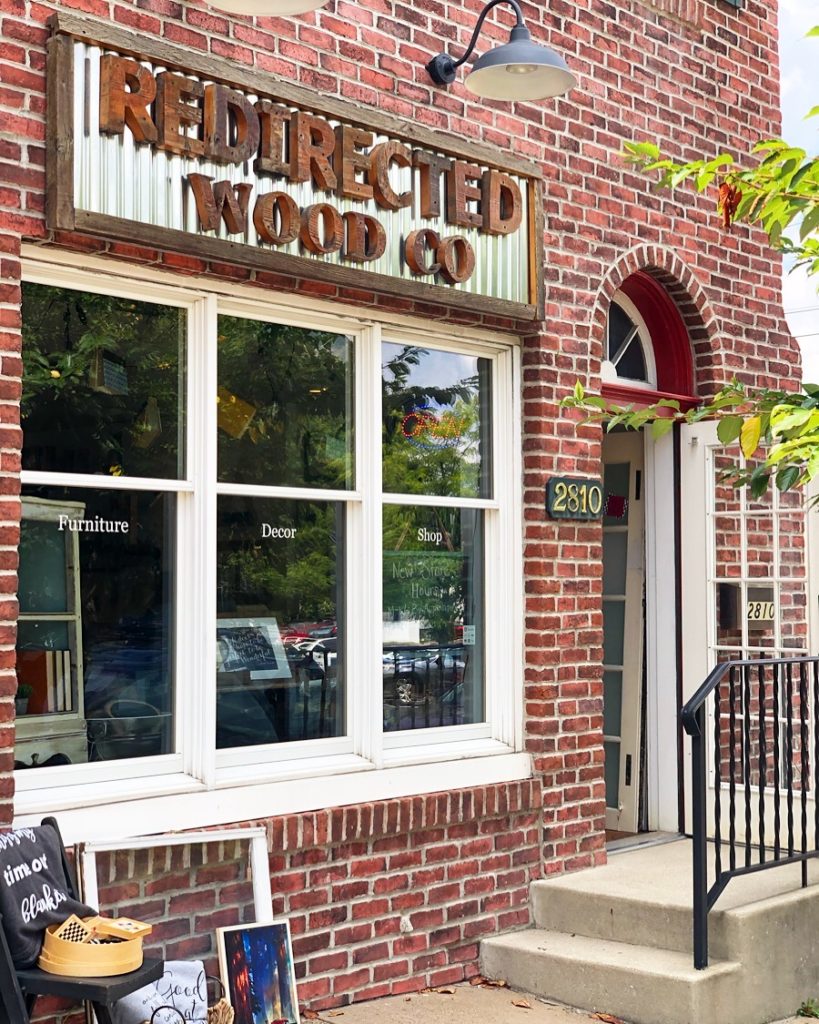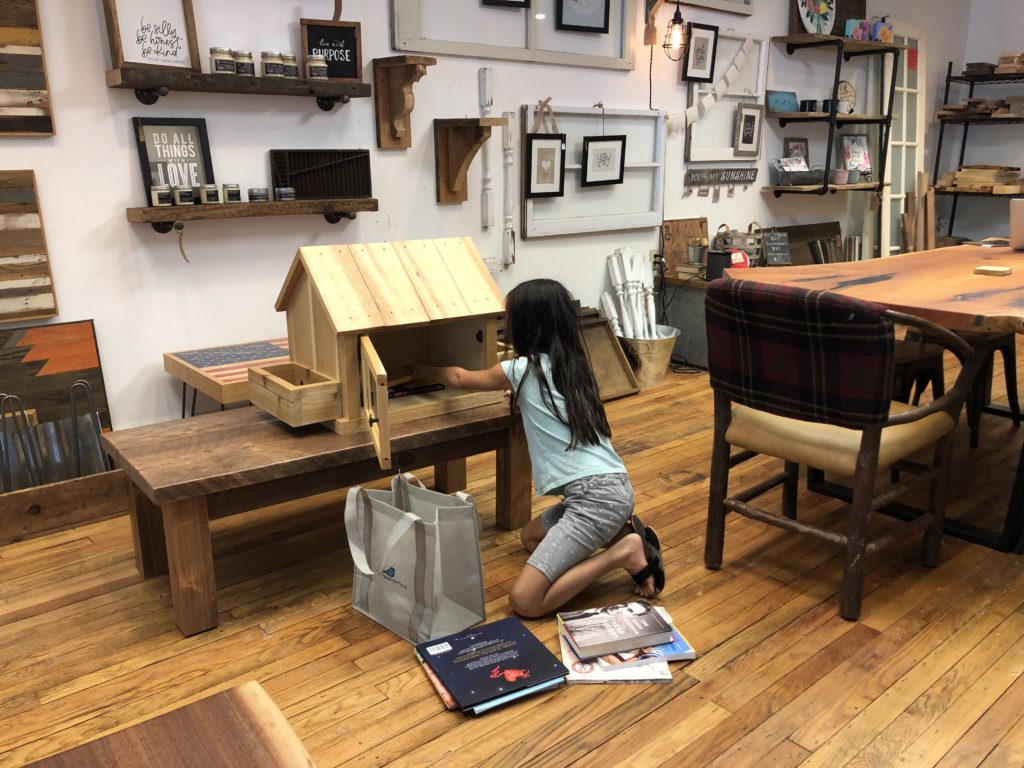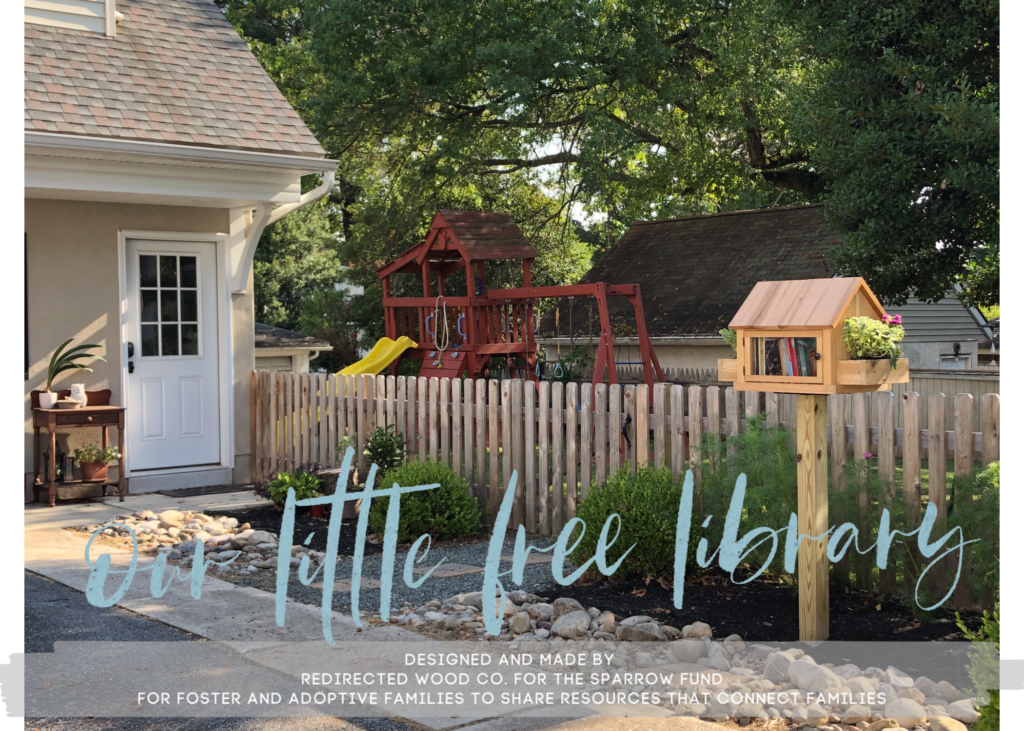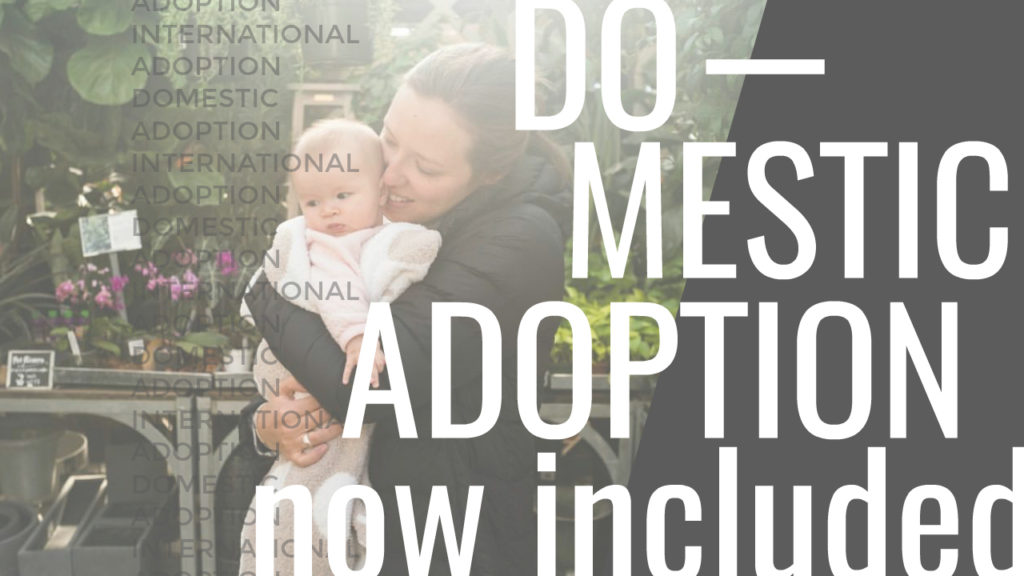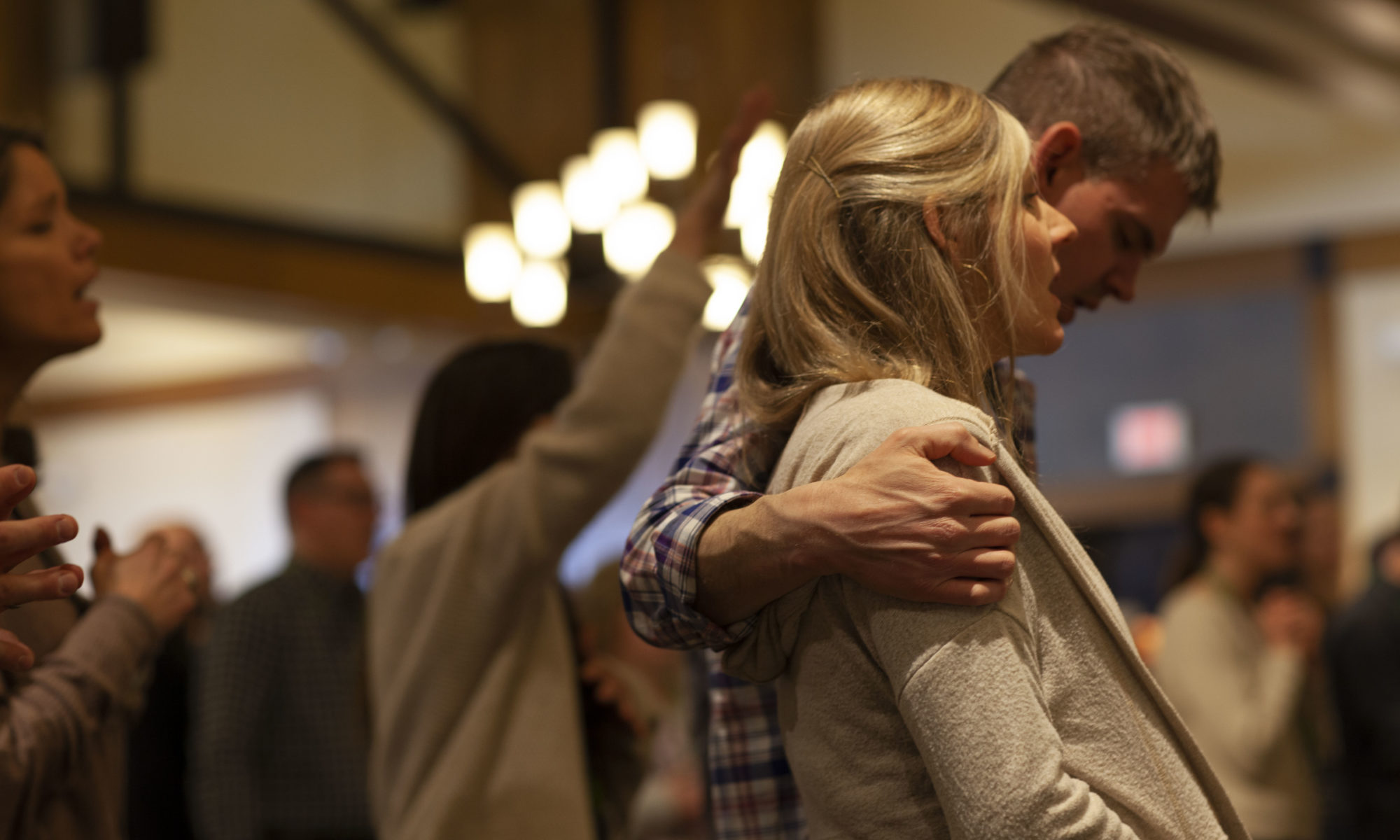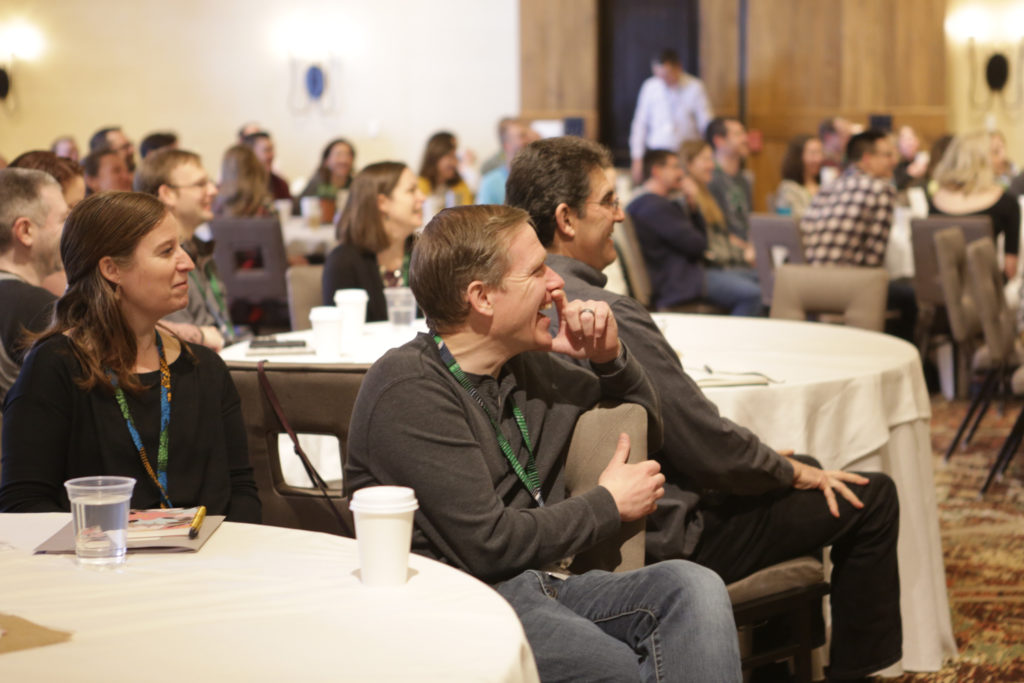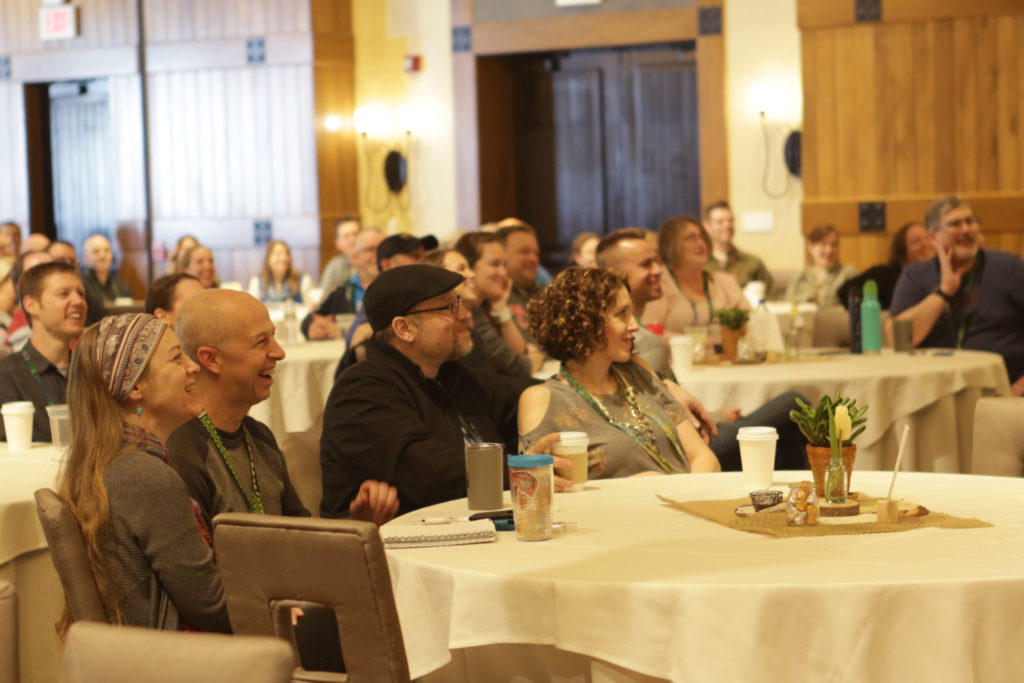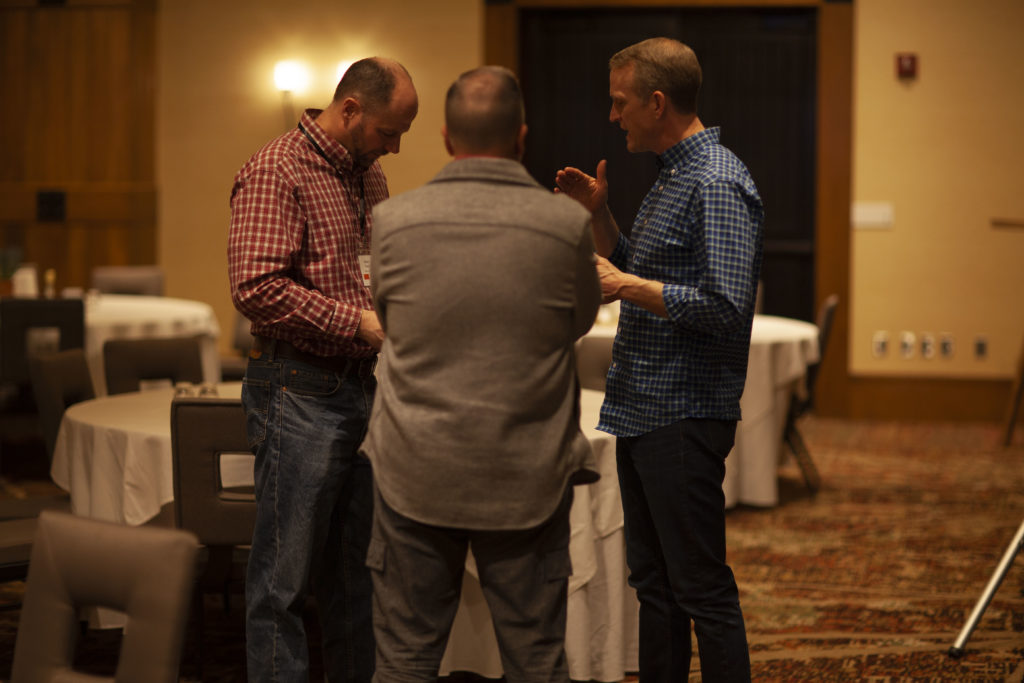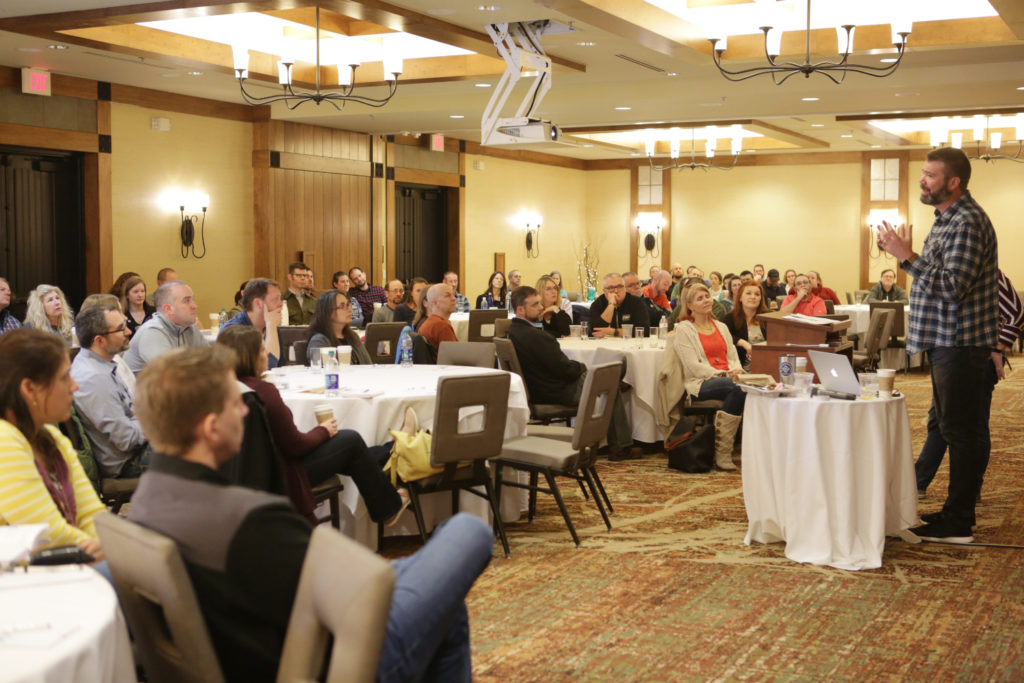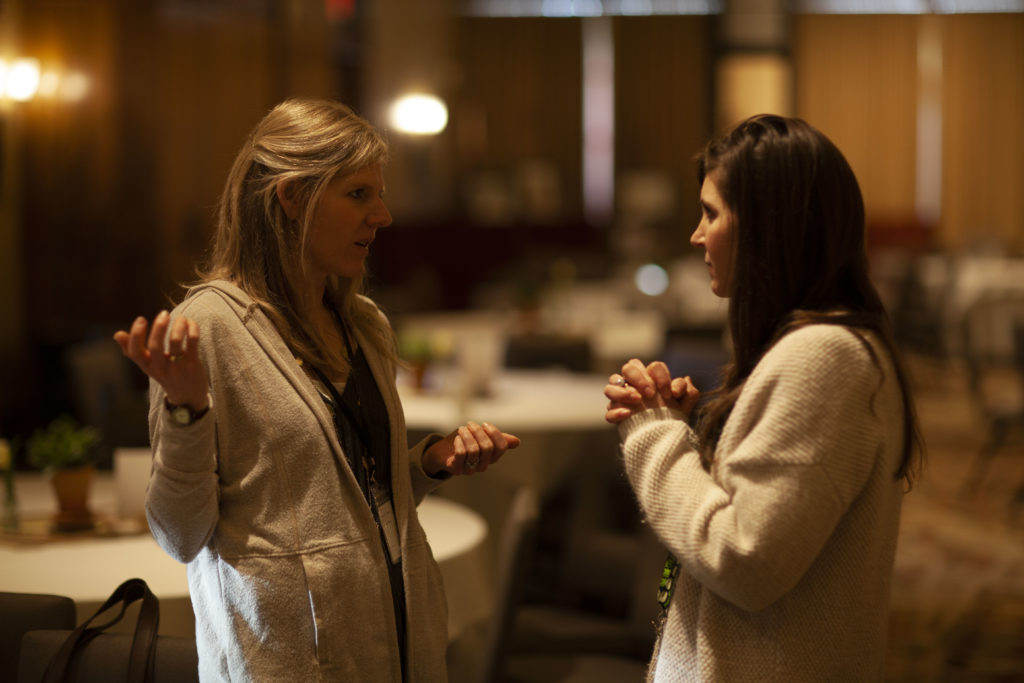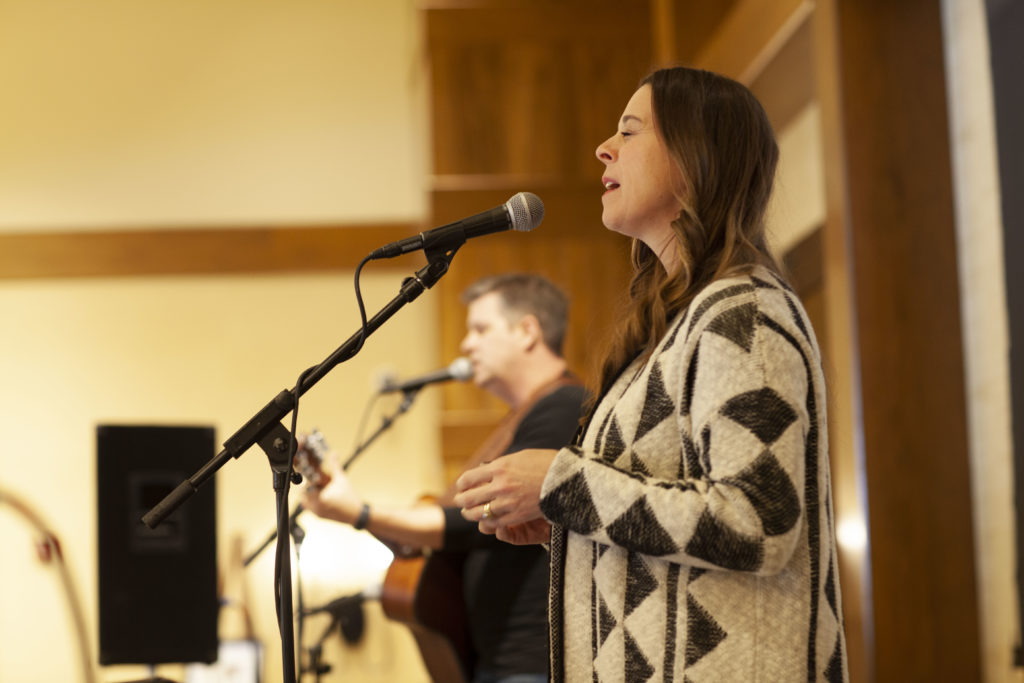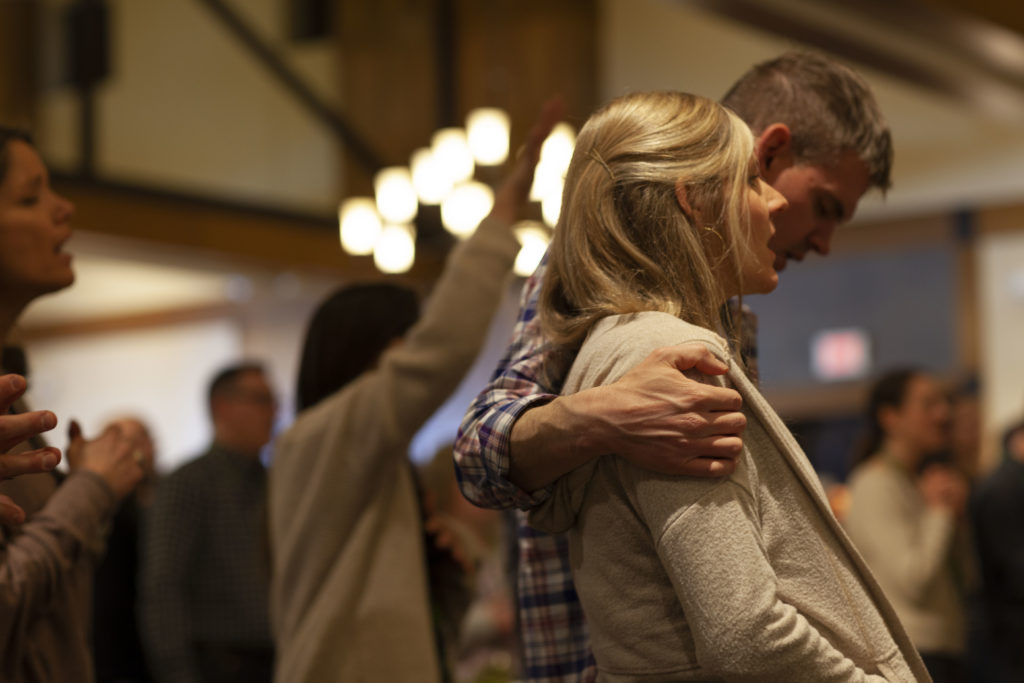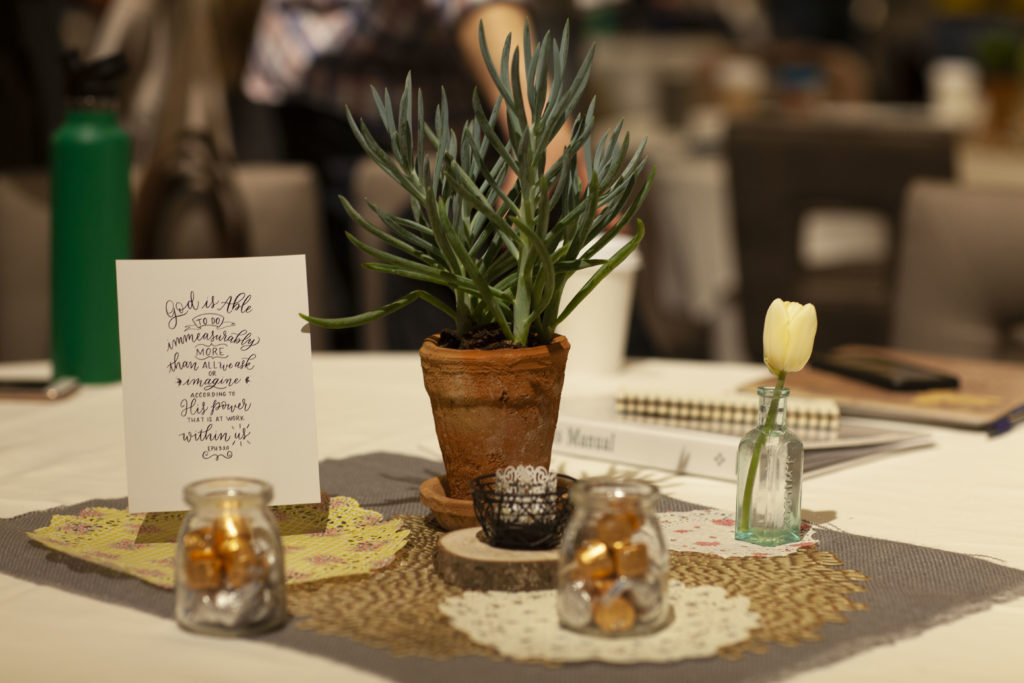Since the start, God has used our annual marriage retreat Together Called in remarkable ways that only He can do to meet each one of us right where we are. After 8 years of this thing, we are no longer surprised by it; we come with expectation of it.
Together Called may still be 7 months away, but our leadership team is already filled with great expectation for every husband and wife who will join us there as well as for ourselves. Of course we are. We trust you will be too when you hear about who is joining us this time as our keynote speaker and our worship leaders.
 We have been longtime fans of our keynote speaker Curt Thompson. Curt Thompson, M.D., is a psychiatrist in private practice in Falls Church, Virginia, and the author of two of our favorite books, The Soul of Shame and Anatomy of the Soul. With an expertise in integrating psychiatry, how we are wired, and spiritual formation, Curt often speaks with the desire to provide opportunities to reflect on, understand, and experience their faith in fresh, trustworthy ways. Leaders in the adoption community have recognized how much he has to offer families with children who have had hard starts and caregivers who may have come from hard starts themselves. He has taught and served as a resource for foster and adoptive families through organizations such as CAFO, Empowered to Connect, Tapestry, Show Hope, and the National Council for Adoption. In addition to all his professional work, Curt serves as an elder at Washington Community Fellowship, a Mennonite church in Washington, DC. He and his wife Phyllis, who we are delighted to have join us with him, are the parents of two grown children.
We have been longtime fans of our keynote speaker Curt Thompson. Curt Thompson, M.D., is a psychiatrist in private practice in Falls Church, Virginia, and the author of two of our favorite books, The Soul of Shame and Anatomy of the Soul. With an expertise in integrating psychiatry, how we are wired, and spiritual formation, Curt often speaks with the desire to provide opportunities to reflect on, understand, and experience their faith in fresh, trustworthy ways. Leaders in the adoption community have recognized how much he has to offer families with children who have had hard starts and caregivers who may have come from hard starts themselves. He has taught and served as a resource for foster and adoptive families through organizations such as CAFO, Empowered to Connect, Tapestry, Show Hope, and the National Council for Adoption. In addition to all his professional work, Curt serves as an elder at Washington Community Fellowship, a Mennonite church in Washington, DC. He and his wife Phyllis, who we are delighted to have join us with him, are the parents of two grown children.
 We’ve also been fans of our worship leaders Ross and Staci King since they joined us at Together Called 2016. Ross and Staci have been married since 1998 and have been making music together even longer than that. They met in 1997 when they were both a part of the Breakaway Ministries worship team at Texas A&M, quickly fell in love, and sealed the deal. In the 20-plus years they’ve been together, they planted a church, adopted 4 kids, traveled the country leading worship and doing concerts, and have had plenty of adventures. They currently live just south of Nashville, TN where Staci homeschools their children and Ross continues his career writing songs, producing music in his studio, and leading worship. They feel together called to help regular people have honest conversations about real things. And, since they still love singing together and do so as often as they can, we are thrilled to have them back for their third Together Called.
We’ve also been fans of our worship leaders Ross and Staci King since they joined us at Together Called 2016. Ross and Staci have been married since 1998 and have been making music together even longer than that. They met in 1997 when they were both a part of the Breakaway Ministries worship team at Texas A&M, quickly fell in love, and sealed the deal. In the 20-plus years they’ve been together, they planted a church, adopted 4 kids, traveled the country leading worship and doing concerts, and have had plenty of adventures. They currently live just south of Nashville, TN where Staci homeschools their children and Ross continues his career writing songs, producing music in his studio, and leading worship. They feel together called to help regular people have honest conversations about real things. And, since they still love singing together and do so as often as they can, we are thrilled to have them back for their third Together Called.
Now aren’t you filled with great expectation too?
Registration for Together Called 2020 will open in early October. Make sure you join our mailing list to be reminded of it. But, we need corporate and/or personal sponsors in place to make it happen. If you own a business and are interested in caring for caregivers with us or want to be a part of supporting foster care and adoption by supporting the moms and dads in it, email us. We’d love to tell you more about why we need you and what sponsorship looks like.
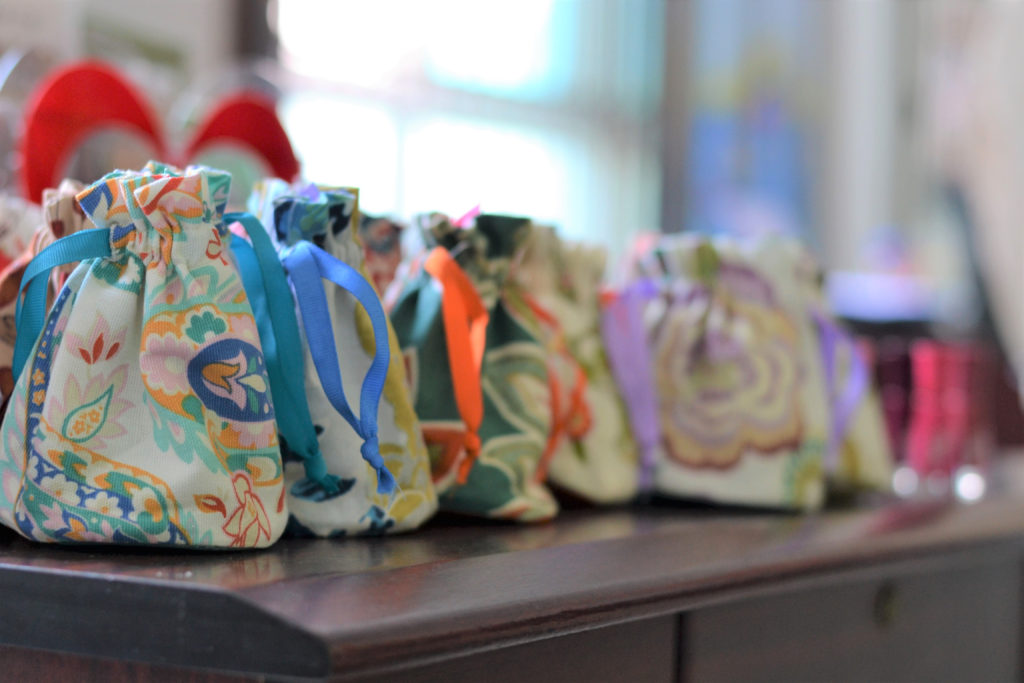
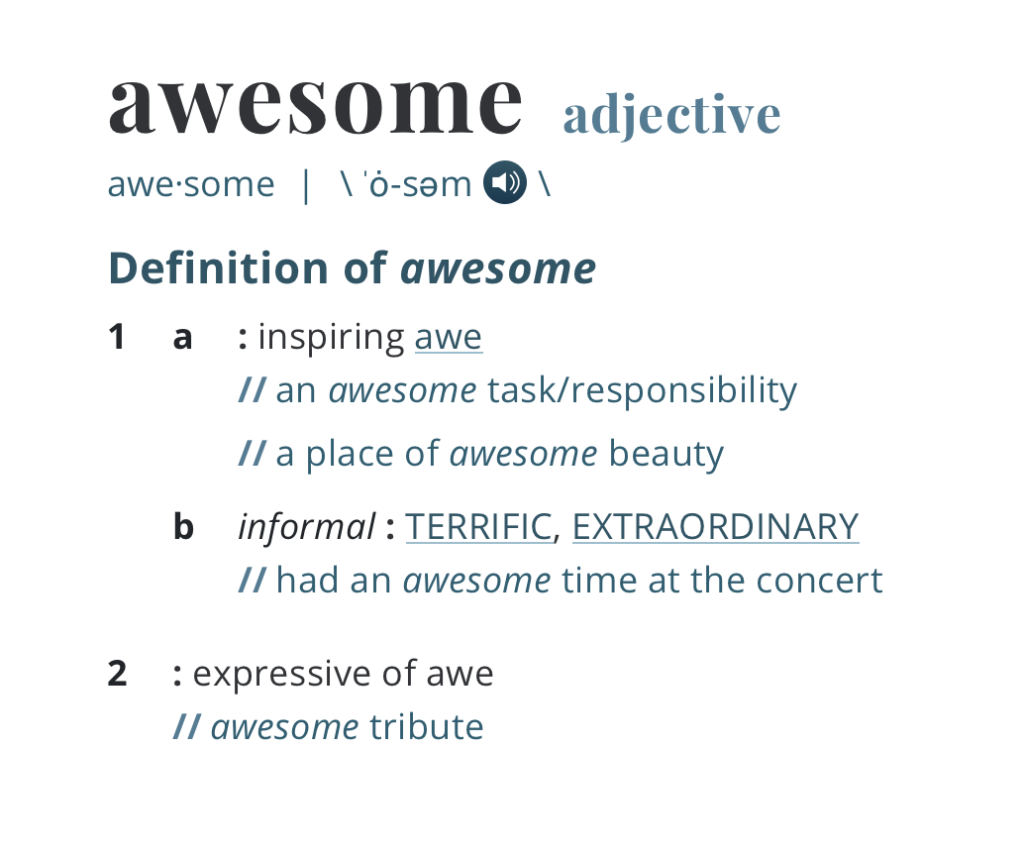
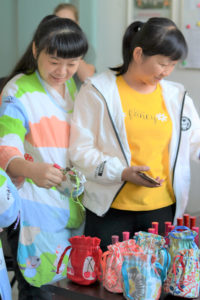
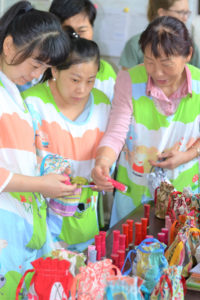
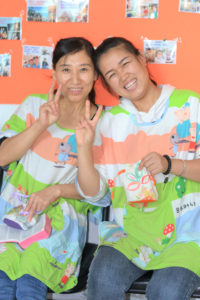
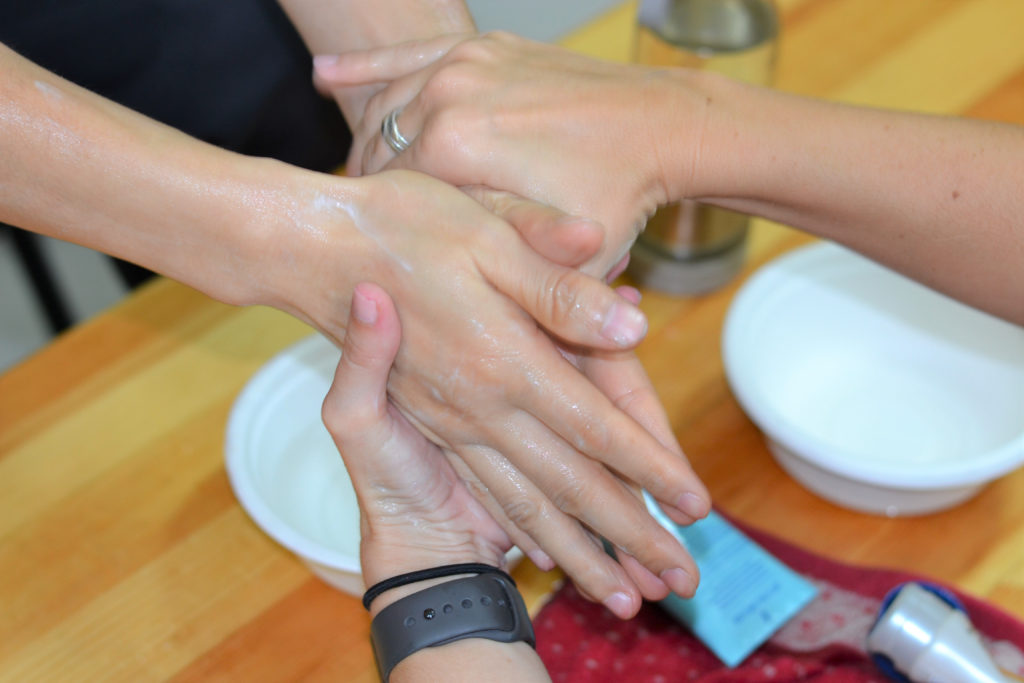
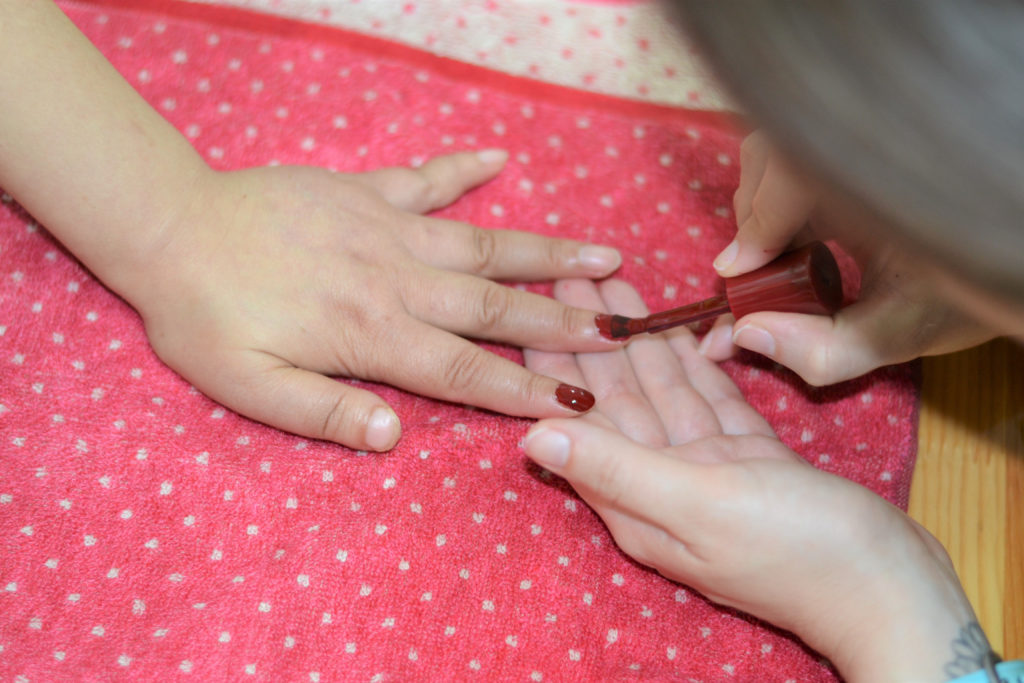
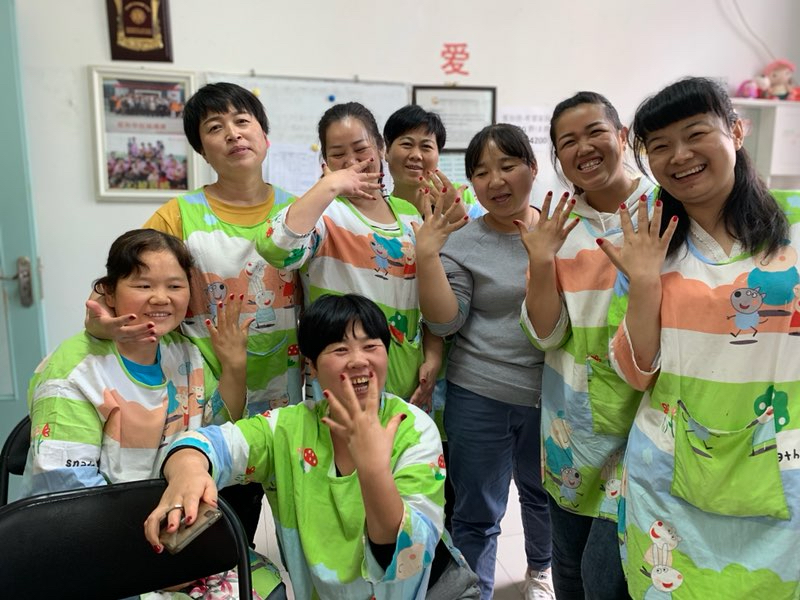

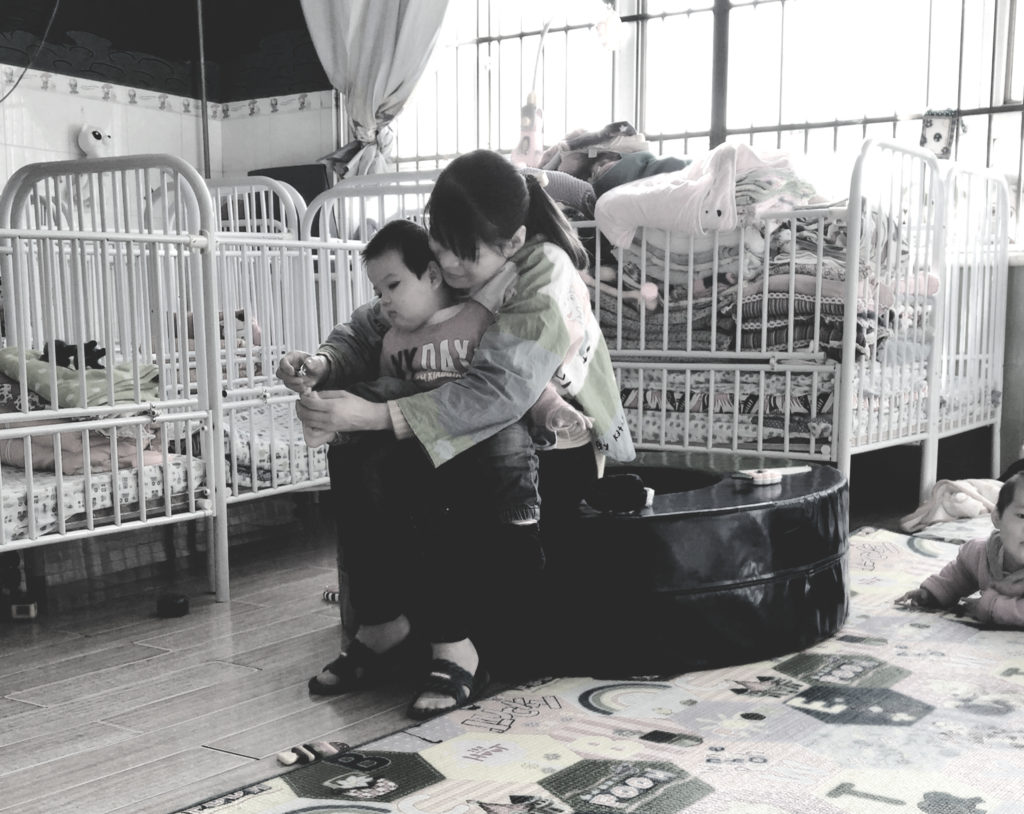
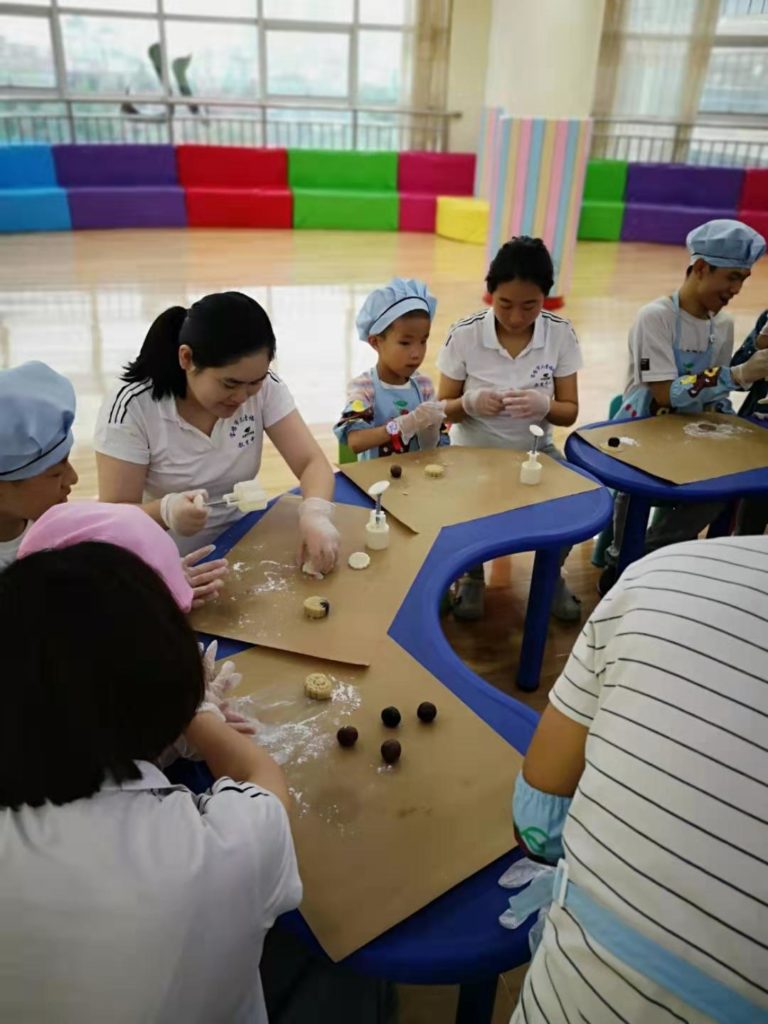
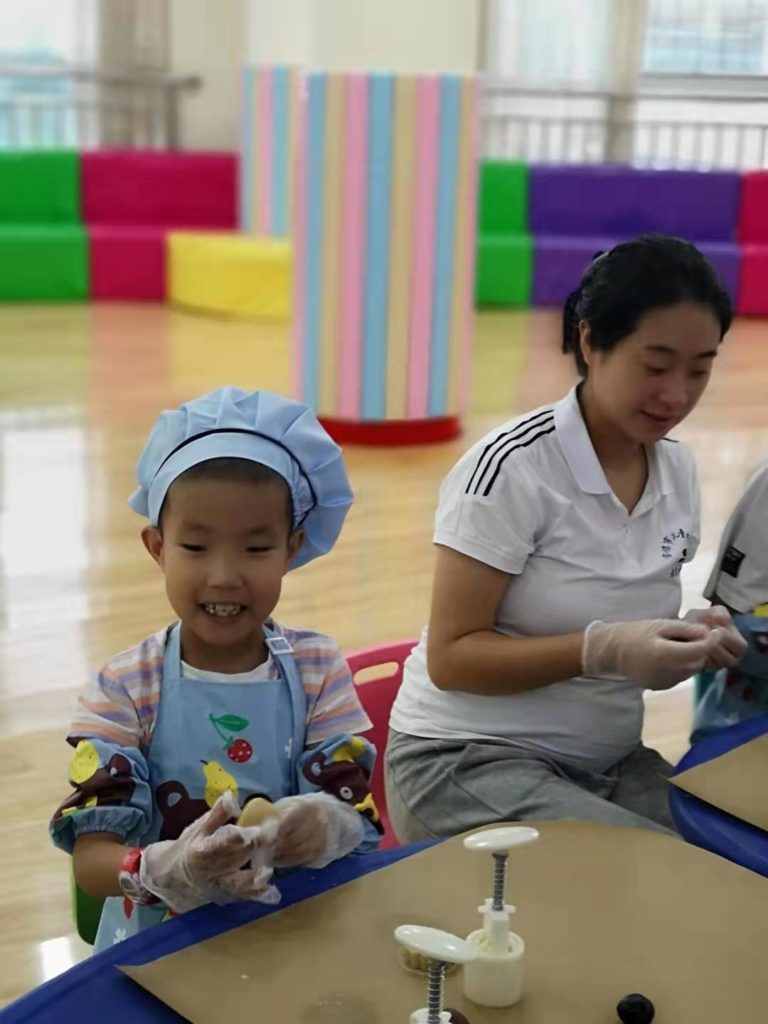
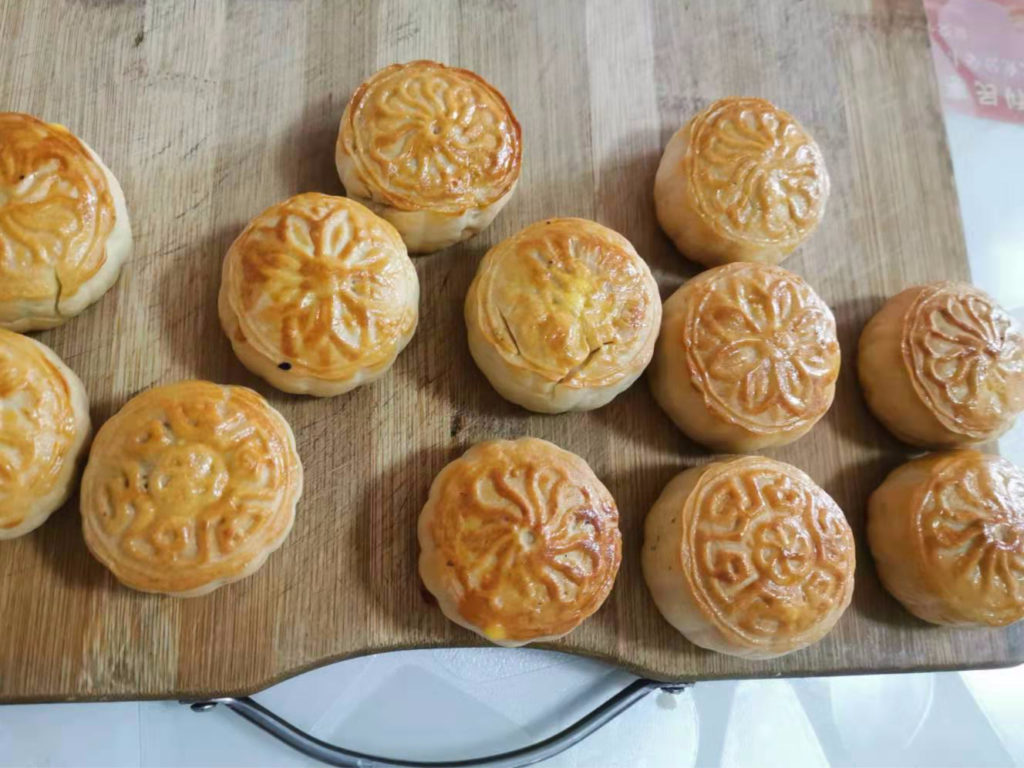
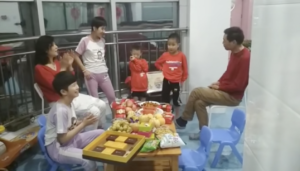
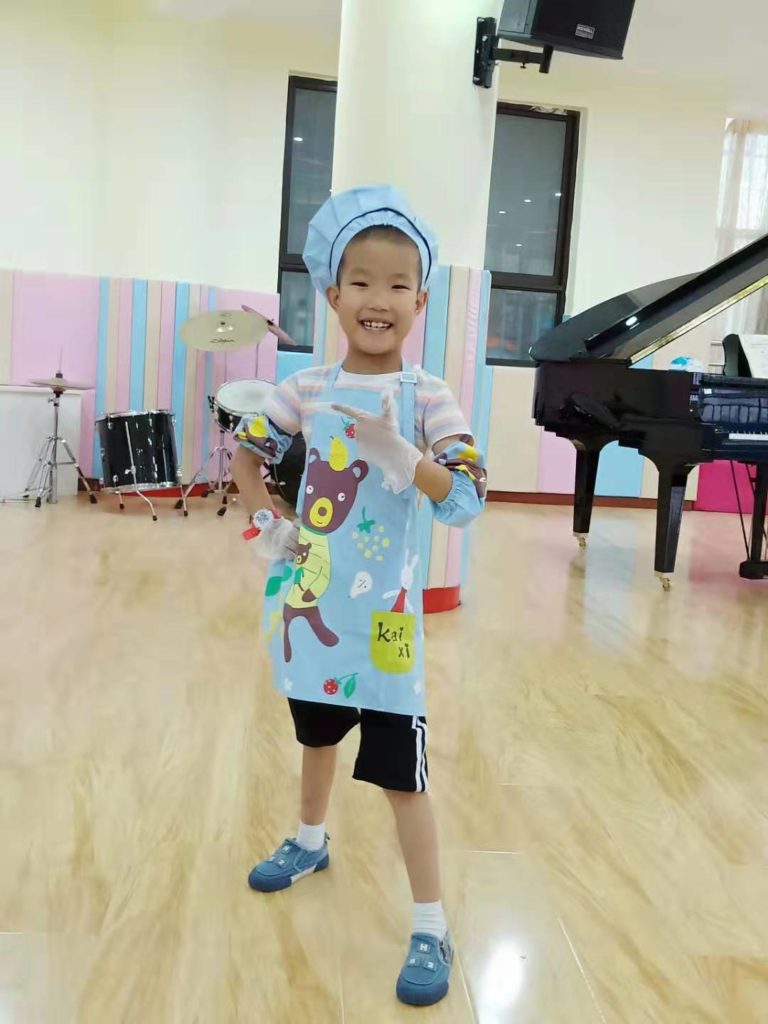
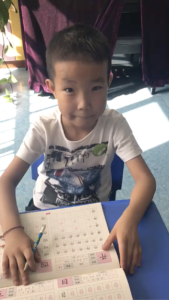 Interested in learning more about this little 10-year-old chef? He is a waiting child with congenital heart disease who is currently available for adoption through Madison, a good agency which is offering a $1,000 agency grant to the family who wants to make him their son. Contact
Interested in learning more about this little 10-year-old chef? He is a waiting child with congenital heart disease who is currently available for adoption through Madison, a good agency which is offering a $1,000 agency grant to the family who wants to make him their son. Contact 
 We have been longtime fans of our keynote speaker Curt Thompson. Curt Thompson, M.D., is a psychiatrist in private practice in Falls Church, Virginia, and the author of two of our favorite books,
We have been longtime fans of our keynote speaker Curt Thompson. Curt Thompson, M.D., is a psychiatrist in private practice in Falls Church, Virginia, and the author of two of our favorite books, 
